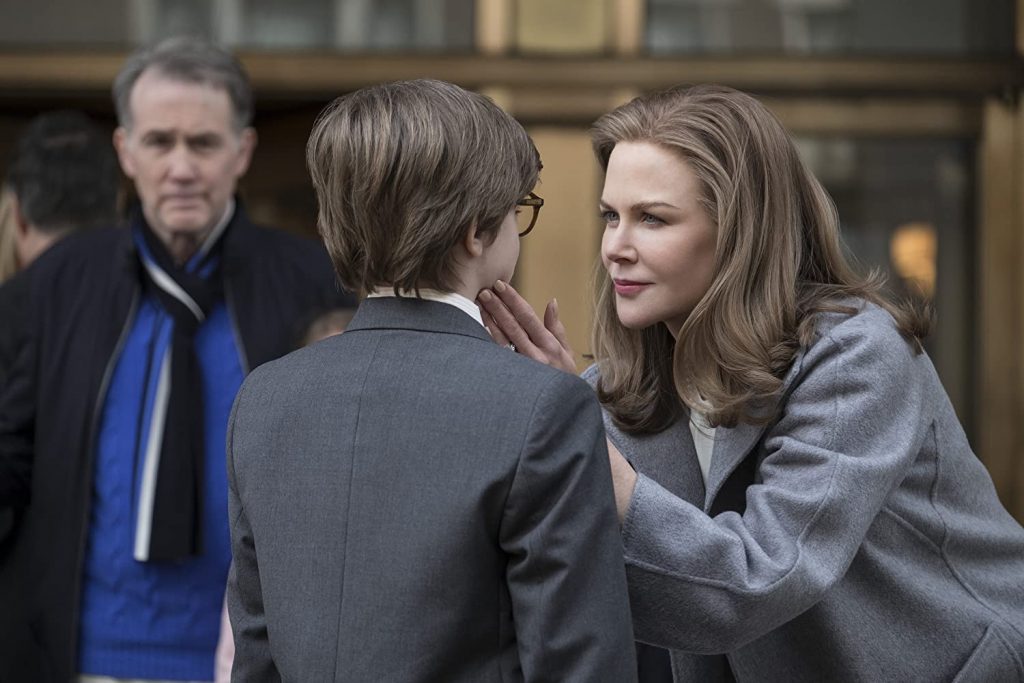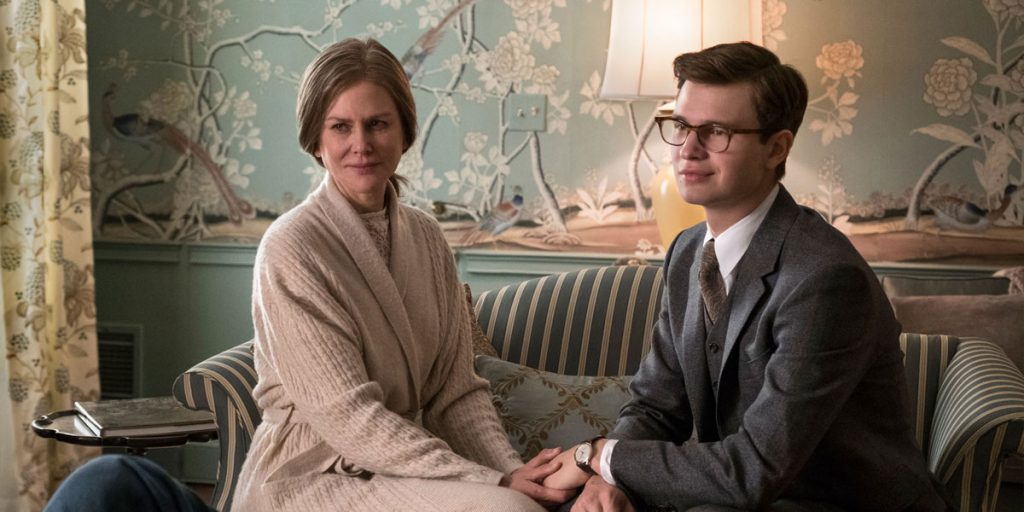The Goldfinch ’s adaptation loses the charm of the novel, going from Pulitzer Prize-winning novel to film festival flop.
A main source of criticism towards The Goldfinch is the film’s lack of faith to the original novel. Like many other adaptations, it follows a similar narrative yet manages to miss the charm of the work that it’s based on. Donna Tartt’s 2013 novel won the Pulitzer Prize for fiction in 2014, and has gained a large array of fans over the seven years since its publication. Adapting any novel is an ambitious task to take on, and, with The Goldfinch being 784 pages long, changes from book to screen were expected.
The Goldfinch’s 2019 adaptation was directed by John Crowley (Is Anybody There, Brooklyn) and premiered at Toronto International Film Festival, where it received mixed reviews from critics, before being released in cinemas where it was a box office flop. The film’s 149-minute run time somehow feels like a waste of the source material, managing to pack too much and too little into its screen time. The Goldfinch is not Crowley’s first screen adaptation, as he previously directed Samuel Beckett’s play Come and Go, in 2000, as part of Beckett on Film and Harold Pinter’s Celebration for television in 2007. He also directed the movie adaptation of Brooklyn, staring Seoirse Rohan, Domhnall Gleeson and Emory Cohen and based on the 2009 novel by Colm Tóibín, which was positively received.
The Goldfinch’s plot follows thirteen-year-old Theo Decker (Oakes Fegley) after he loses his mother during a terrorist bombing at the Metropolitan Museum of Art. There, from the rubble, he takes Carel Fabritius’ 1654 painting The Goldfinch, which he keeps with him as he goes to live with close family friend Mrs Barbour (Nicole Kidman) and her family, before eventually moving to Las Vegas to stay with his father (Luke Wilson) and his girlfriend (Sarah Paulson). It is here that Theo meets and befriends Boris (Finn Wolfhard) an Australian born Slavic teen who becomes the only real influence in Theo’s life. We then flash forward eight years to see Theo as an adult (Ansel Elgort), living in New York and working as an antique dealer in partnership with Hobie (Jeffrey Wright), it is here that Theo meets his old acquaintance Boris (Aneurin Barnard).
The film has an overall hollow feel to it: it feels unfinished, and like its plot has not had the chance to begin. Tartt’s novel tackles its themes in-depth, looking at loss and grief and exploring how we, as individuals, carry such feelings through our lives, and the way that these emotions grow with us, affecting our relationships with others. The result of the adaptation is that The Goldfinch feels convoluted and hard to decipher: by the time that we have grasped one scene of the film, three more have already passed. The book is mainly linear, but the film flashes forwards and backwards, which, in this case, is a format that simply doesn’t lend itself to the narrative or theme of The Goldfinch.

The format makes the film harder to follow, with a story that is already dense and complicated with characters and events. Removing the linearity leaves the audience having to spend time trying to decipher the basic elements of the story. Crowley’s adaptation of The Goldfinch feels like a random collection of snippets from the novel, with its only stand out aspects being the film’s cinematography, score and acting from Oakes Fegley.
The adaptation lacks the level of depth that Tartt reaches in The Goldfinch: while the book is dense with themes and ideas, these elements are never explored in the same way in the film. The Goldfinch touches upon these issues, but the moments from the novel which appeal to us and make us truly feel something are few and far between. Instead, the ideas are acknowledged and thrown into the movie but never used, only introduced. The Goldfinch’s adaptation tries too hard to include too much in a short duration of time, considering the book’s length. The film’s pacing doesn’t begin to drag until the end, when it begins to lose what little rhythm it had built up. While there is always something in The Goldfinch preventing its plot from feeling stagnant, this leads to it feeling claustrophobic at times, with too many points introduced before others can be fully established.
With such an exuberant cast featuring talents such as Nicole Kidman, Luke Wilson and Sarah Paulson, the flaw here was not essentially the actors but the way that their characters were written. The characters we see in the novel are complex and believable, yet here they feel like caricatures of the originals, with clumsy dialogue and a sincere lack of traits. In comparison to other members of the cast, Ansel Elgort falls flat as older Theo: his performance feels too out of line with the character that we see Oakes Fegley establish, and it is Elgort’s acting that makes the film drag, at times making it feel almost unwatchable. Elgort’s acting lacks understanding of the character, as he doesn’t embody Theo in any way: instead, he just makes a series of overexaggerated facial expressions while seeming bored to be a part of the film.
The Theo that we see in The Goldfinch is a flawed and unlikeable character, as he is selfish and childish in his decisions, lacking morals and just seeking money, and only admitting his mistakes when he faces consequences. Theo’s decisions do not consider those around him, causing harm to characters later in the plot, resulting in readers straying away from feeling sympathy for the character. Elgort takes this too far, making the character feel completely devoid of life and unknowable instead of unlikeable.
His acting clashes with what we see from Oakes Fegley, who is the standout talent in The Goldfinch, given that, during his scenes, we feel a level of connection with the character that can’t be found anywhere else in the film. An example of this is during the scene where his realises that his mother is dead and later in the film when he is alone in Las Vegas with only the painting tying him to his mother and his old life with her in New York. During these, Fegley manages to seem grief-stricken yet his childish energy remains, embodying the essence of grief wrapped in childhood and what it is like to lose someone when you are so young.
A saving grace of The Goldfinch is the involvement of cinematographer Roger Deakins (Blade Runner 2049, 1917) who manages to make the film aesthetically pleasing and worth watching. Deakins’ cinematography is a highlight of the film: regardless of where the narrative takes us, no matter how normal the scene, he manages to make these shots look surreal and dreamlike. The film’s colour pallet subtly matches that of The Goldfinch painting that the movie’s plot revolves around, although the painting is hardly shown in the film. The score of The Goldfinch, composed by Trevor Gureckis, is another salvageable element of the film as it manages to add emotion and drama to scenes where these are lacking, which is most of them.
Overall, The Goldfinch is worth watching, even if you only watch it for Rodger Deakins’ stunning cinematography and the moments that are actually well acted, but don’t go into it expecting it to be a stellar adaptation of Tartt’s the novel.
The Goldfinch is available to watch on digital and on demand.

